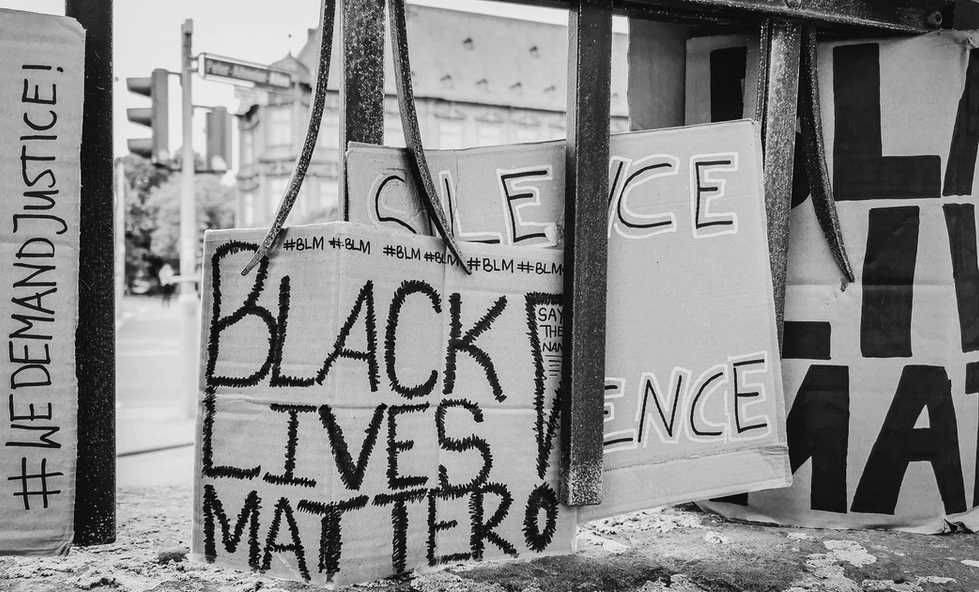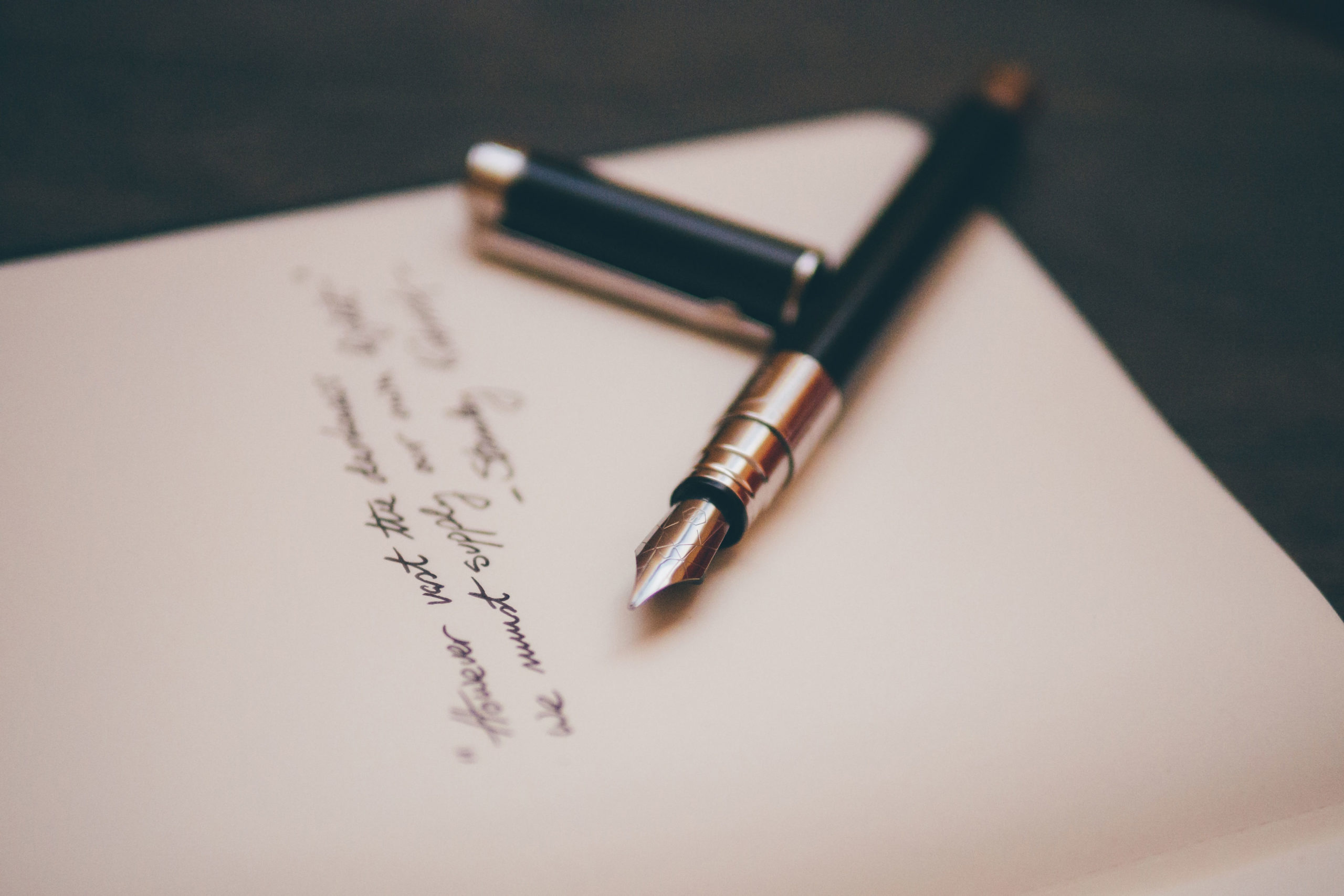I often share my belief that as writers it’s our calling to make the world better. We share deep, often painful and challenging truths, and that work is part of creating a more equitable and inclusive society.
But right now I want to recognize how real change, like racial equality, will only come from intentional action. Real change requires facing up to painful and challenging truths about ourselves and our world.
Here is one challenging truth I want to be crystal clear about: as a white person, it is my responsibility to dismantle white privilege, white supremacy, and institutionalized racism.
In these past months, we’ve all seen the statements from literary organizations, publishers, creators and companies about Black Lives Matter. Sometimes they include action-steps they will take toward anti-racism. Regardless, we know change will only happen if we hold them accountable.
Below, I am sharing yet another one of these statements. I share it for you to hold me accountable for making these changes.
I also share it for anyone who needs to grow and learn so we can take deliberate steps toward racial equality and social justice together. And I dig deeper into how I came to make these changes, mistakes I’ve made in the past, and individual changes I am making as a writer.
A More Inclusive Course Community
When I started teaching online courses, I set out to create an inclusive community that welcomes writers across gender and race and ability. So, it was deliberate that half of the guests in my various programs, on my podcast, and paid experts have been BIPOC (Black, Indigenous, or People of Colour) writers, editors, and/or agents.
I believe many of the BIPOC who have taken my courses came in recognizing my intention to create an inclusive space. I’m proud of the diversity of writers in this community. BUT…I can’t help but notice the majority of my course alumni are white cisgender women.
And so, I am called now more than ever to make more space for Black and Indigenous writers, and writers of colour and trans writers. Here’s are some changes I will make:
- I learned from my work with Room magazine and collective members (specifically Nailah King and Chelene Knight) that visible representation matters to Black communities and communities of colour. So, for the rest of 2020 and beyond, I am going to aim for greater than half of all guests (60%) across my programs and interviews to be BIPOC and trans writers and publishers. Note: this will be more outwardly obvious when I relaunch my podcast later this year.
- Until now, any scholarships I offered were unofficially awarded to at least 50% BIPOC and/or trans writers. As I create more scholarship opportunities for my courses this year, I’m going to aim for them to go to at least 75% BIPOC and/or trans writers. Note: I’m also going to be much more explicit and transparent about this—details about scholarships will appear on registration pages as I launch each course in the future.
- I will continue to hire businesses run by BIPOC women and non-binary people to support my work (like MonicaDesigns.ca, who just helped me launch my brilliant new homepage yesterday).
- I will hire Black and Indigenous women and non-binary-owned businesses to consult me on diversity in my business because my intuition (ding-ding-ding) is that I may uncover some more uncomfortable truths about why our course community isn’t as diverse as I’d hoped.
- This month I started incorporating more training for writers workshopping in my programs around microaggressions (a.k.a. racial abuse) and silencing techniques to avoid. I plan to pay more attention to making the critiquing in our course community more respectful and inclusive, with a greater awareness of cultural, gender, social, economic, ability, and other differences—and a decentering of the presumed white reader. With every workshop, I will go over our community values of inclusivity and justice and facilitate uncomfortable or challenging conversations around race inside my courses.
Mistakes, I’ve Made Many…
As I said before, real change requires facing up to painful and challenging truths about ourselves and our world. I wasn’t always aware of my privilege as a white person. And even when I was aware, I struggled to turn that awareness into action.
At my first meeting after I joined the editorial collective at Room magazine a decade ago, I discovered I was one of nearly twenty white women sitting at a table in the public library. I looked around, baffled. I couldn’t understand how this happened. Yet I said nothing. (At first.)
Had I the awareness I have now, I would have seen this lack of representation was structural and not simply bias or the result of hiring from within your acquaintance circle. We were volunteers. The unpaid labour required to “pay our dues” in publishing means that only people who can afford to can get started in this business. So many structures exist to create financial hardships for marginalized writers, who therefore can’t afford to volunteer, and then never get started in our business.
Had I the bravery and integrity that was required at that moment, I could have spoken up sooner and helped create the structural changes (like paid positions) and help create the space for BIPOC on the collective that we finally have today thanks to the hard work of BIPOC and allies who later joined the collective.
I share this story to say that maybe you’re like me and at times find it hard to speak up. I share it for you if you’re starting to see the ways we have knowingly and unknowingly upheld racist ideas and perpetuated racist ideologies—like the idea of a meritocracy in a game that is rigged.
In this international conversation we’re having about discrimination in policing and health inequalities in the pandemic, maybe, like me, you’re starting to further recognize how white supremacy works.
If so, can we embrace this truth together? I’ll repeat: real change requires facing up to painful and challenging truths about ourselves and our world.
What I’m Doing Individually to Be an Anti-Racist Writer & Human
- I’m reading books written by Black and Indigenous writers.
- I’m learning more about racial justice from books and podcasts.
- I’m amplifying the call for more Black stories, like this one from Jael Richardson for children’s books.
- I’m learning to be more aware of whiteness as I write.
- I’m using my voice with family and friends to challenge racist ideas, something I learned to do early on in life thanks again to Indigenous women and women of colour from my formative years, but I’m doing it better, and louder, with more information and a greater knowledge and sense of the stakes involved.
- I am amplifying the voices of BIPOC writers, primarily through social media and my love letters to writers. (Like all of the above links in this email, which I encourage you to check out.)
If you’re a white writer, I wonder what painful and challenging truths you’re learning about yourself and the world these days? If you’re a BIPOC writer, thank you for reading and allowing me to continue to learn.



